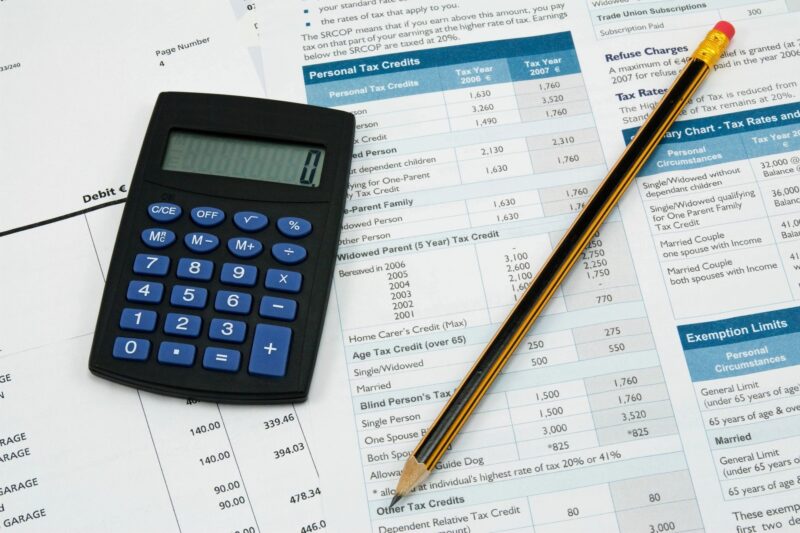Becoming an accountant is a common career path chosen by people from all walks of life, but unless you already know a little about the job itself or the training required to become a professional in this field, you might wonder whether it is worth pursuing.
Obviously the answer to this question will vary depending on your own circumstances, capabilities and ambitions, so to help you make the right decision when choosing a degree to study for, here are some of the factors to consider.

Job security is assured
Once you get qualified as an accountant, you can virtually guarantee that you will be able to find work either in a larger organization or as a freelance operative running your own business and handling the work of clients.
The simple reason for this is that everyone has tax affairs that need wrangling and financial issues to overcome, so accountants are always in demand. Indeed job growth looks good going forward and thus the long term prospects for someone with an accounting degree are reassuringly solid.
Of course this predominantly applies to certified public accountants (CPAs), so of course it makes sense to get accredited after completing your formal education. Get a full rundown on the meaning of CPA if you want to understand all that’s involved.
Different career paths can be followed
A degree in accounting does not necessarily tether you to working in finance, although you will probably want to learn the ropes of bookkeeping early in your career to give yourself the maximum number of options further down the line.
As a CPA you can not only balance the books for businesses, but also handle auditing, provide advice to major corporations and explore myriad other money management avenues.
Going a step further and getting a master’s degree in accounting will open even more doors, for those seeking higher level positions. Meanwhile you can also easily slip into other professions if you finish your accounting degree but feel like becoming a CPA is not for you. From data-driven business analysis to operations management and beyond, the world will be your oyster.
Degree costs are variable
An accounting degree will come with a different cost depending on the institution you study at and the length of the course itself. For example, while average tuition at a public college comes in at just under $9,000 at the moment, you can expect to pay over four times as much annually if you opt for a private equivalent, or more for the most elite schools around.
Of course this is true of any degree, regardless of subject, so it is all about finding the right place to study that suits your aims. It is also worth remembering that any student debt you accumulate can be offset by the expected salary you will achieve once you are qualified. On average entry-level bookkeeping positions merit around $40,000 annually, while CPAs have median pay levels of just over $71,000.
A versatile skill set will be generated
The final thing to realize about studying for a degree in accounting is that many of the skills you will learn during this process are transferable and generally applicable in other professional areas as well as more generally in everyday life.
From being able to solve problems and think strategically to having a handle on time management and optimizing your ability to communicate and collaborate with others, you should emerge from your studies as a well-rounded individual. If nothing else, this should be a good signal that an accounting degree is worth striving for.


